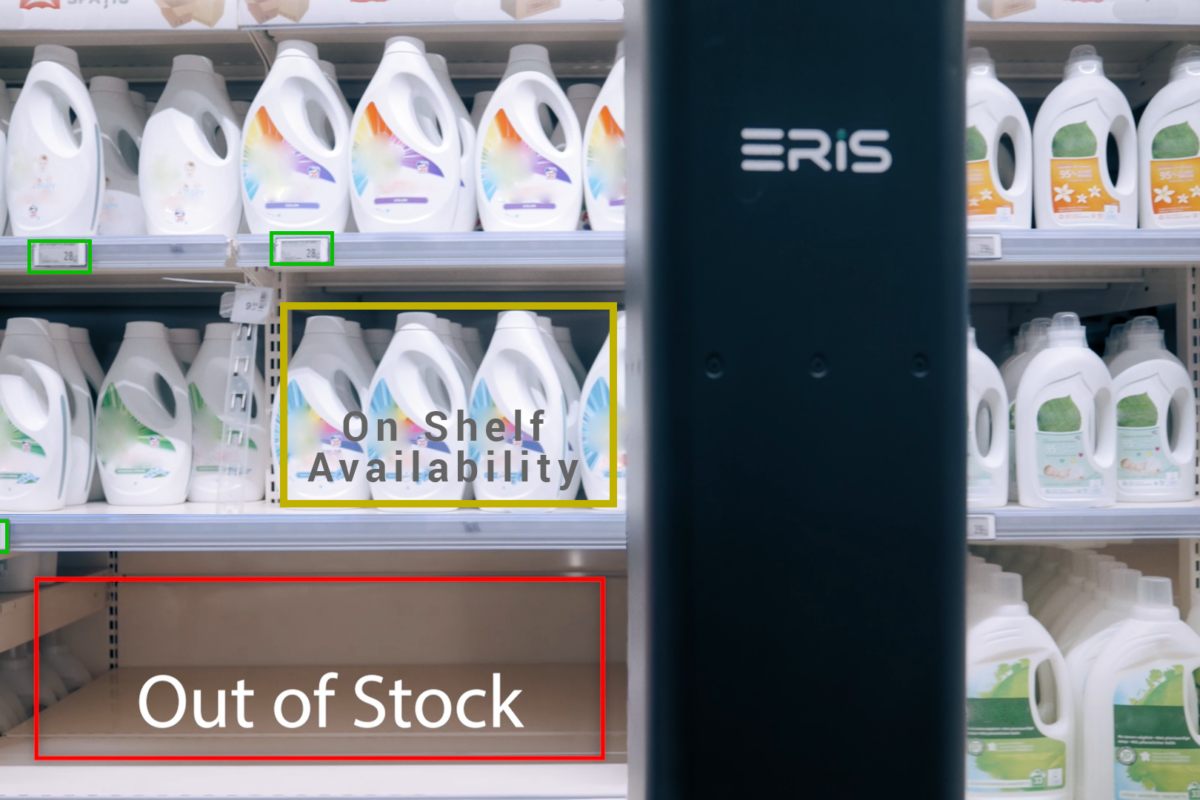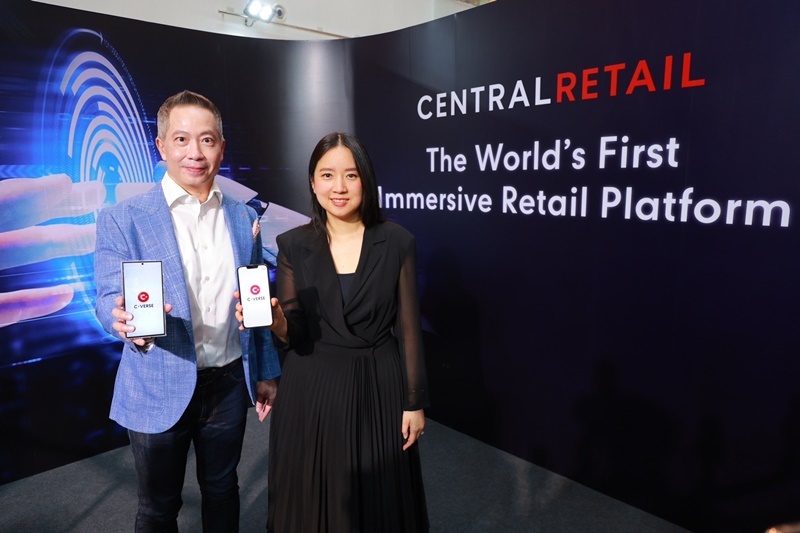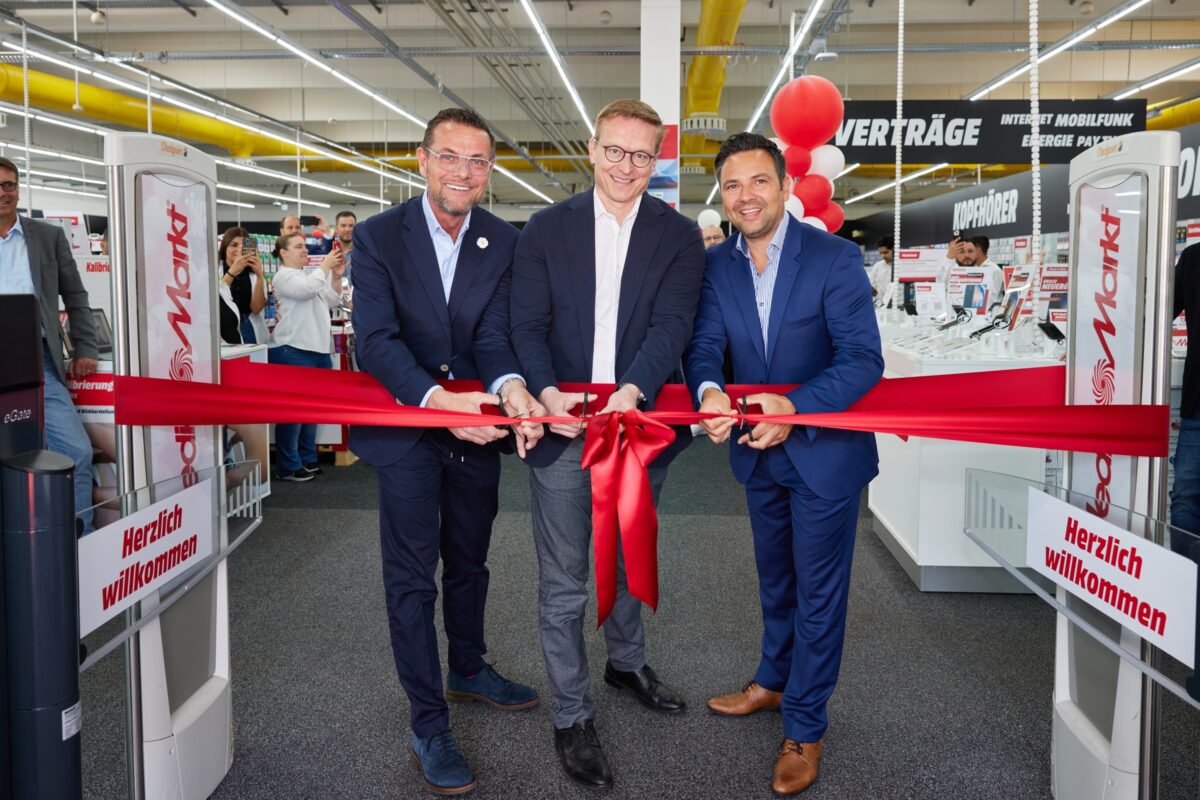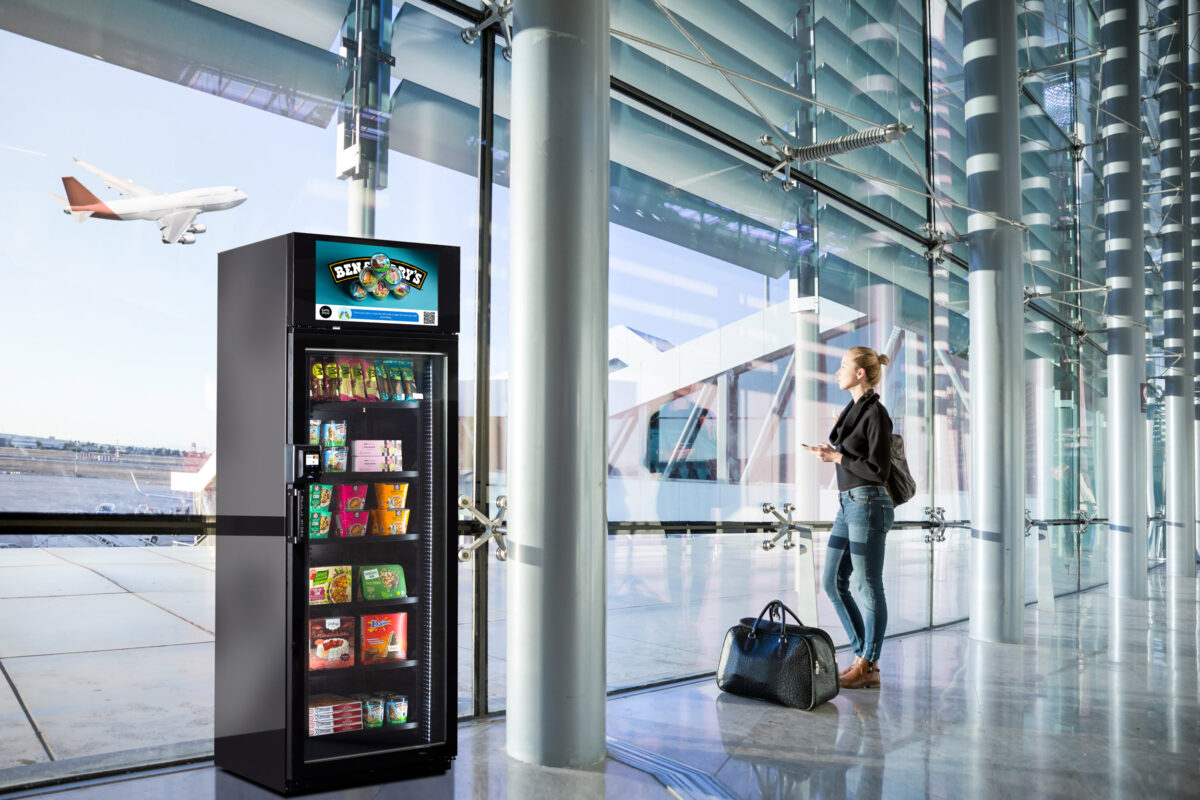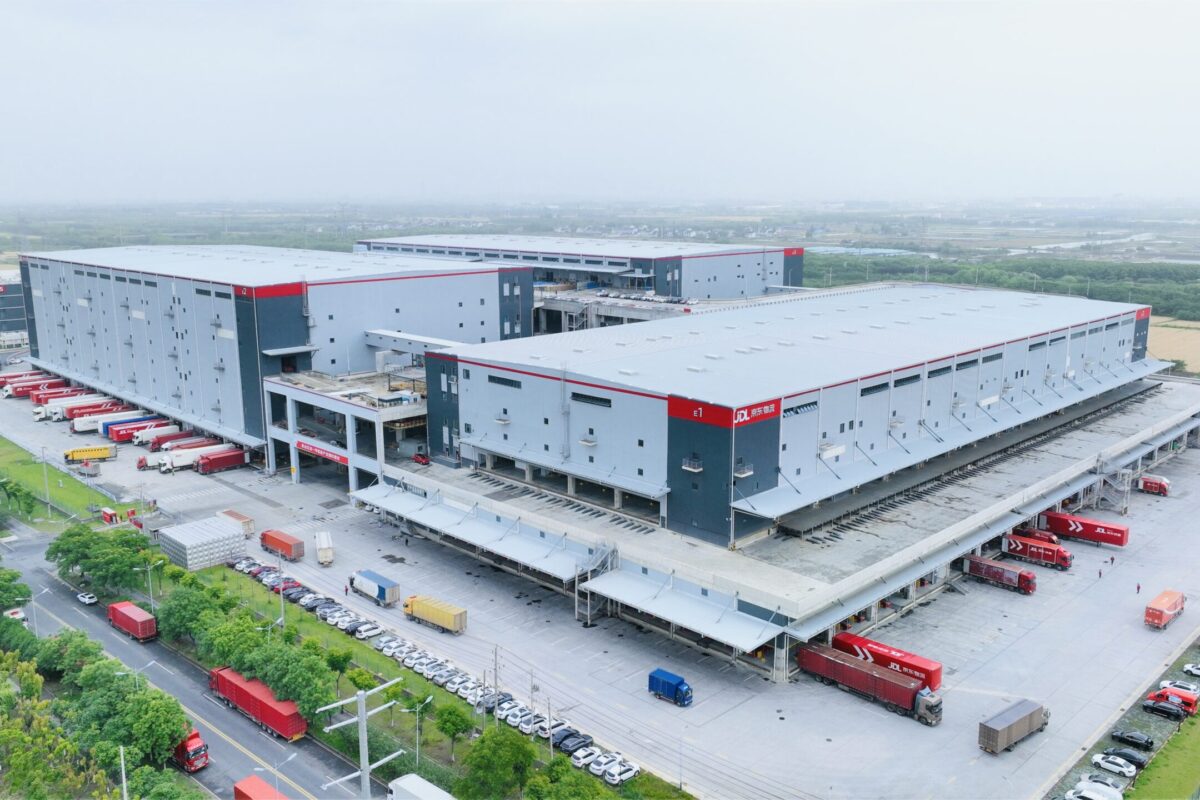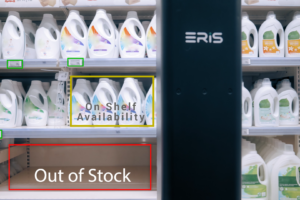The potential of intelligent and automated retail procurement solutions
Yes, no, maybe? Are you sometimes unsure about your product sourcing and wonder whether a delivery alternative might be a better choice? Intelligent and automated procurement solutions like those provided by JAGGEAR can help. But are they really the future? In this interview, Michael Quack, Senior Business Solutions Architect at JAGGAER, talks about the challenges and prospects of the retail industry and illustrates the promise of modern software for branch management.

Michael Quack // © JAGGAER
Mr. Quack, why should the retail industry adopt AI and automation as it pertains to process optimization?
Michael Quack: Companies cannot be successful in today’s environment without contemplating the use of automation and artificial intelligence. That’s because manual processes are prone to error and inefficient as they tie up essential human resources. Increasingly complex setups and rising customer expectations make choosing the right software solutions especially critical to provide much-needed assistance.
In the retail sector, the procurement of goods is often well managed via central processes. However, the focus is mostly on purchase price negotiations and less on strategic category and supplier management concepts. An advanced procurement solution that helps automate processes through AI-supported suggestions of aligned suppliers and that frees up employees to handle more important tasks can cover these facets.
Another important aspect is the procurement of shopfitting products or resources, a process that is frequently not yet very automated. This creates additional manual tasks for retail locations unless you implement a modern procurement platform.
What aspects of supply chain management are becoming increasingly important in this setting?
Today, it is more important than ever that companies – in all areas but especially in wholesale and retail – conduct critical supply chain reviews. In light of the ongoing delivery challenges caused by the COVID-19 pandemic and the war, businesses must not just become aware of risks and disruptions when the damage has already been done but must proactively identify, assess, and mitigate them at an early stage.
This requires transparency in process management, allowing retailers to take fast, targeted action if necessary.
Notwithstanding crisis situations, transparency and risk analysis are likewise increasingly important to supply chain management, especially as it relates to sustainability. The approval of the new German Supply Chain Law means companies can no longer point to uncontrollable, multi-tier procurement chains. They must take responsibility and conduct human rights and environmental and good governance due diligence. It makes transparency within the supply chain essential.
How does your solution support retailers in supply chain and retail management?

© JAGGAER
JAGGAER ONE offers retailers a comprehensive supplier management solution, which apart from purely commercial criteria such as sourcing pricing, also takes ESG considerations (Environmental, Social, and Governance) into account. Continuous risk analysis also ensures that potentially hazardous issues and risks are identified at an early stage.
The software combines all data sources to provide a 360° view, which simplifies risk and damage assessment, making it possible to speed up actions and take preventive measures.
The results of the risk and sustainability assessments serve as important criteria in the selection of suppliers and are automatically quantified from the supplier profiles as part of so-called TCO calculations (Total Cost of Ownership) to make better supplier award decisions. The JAGGAER Global Supply Network assists your selection and provides access to over five million suppliers.
The benefit is that you no longer must rely on the delivery capacity of any individual supplier but can use multi-sourcing to diversify and avoid the risk of stockouts even if one supplier fails to deliver the product on time.
Implementation in everyday retail practices: How does this work?
From demand assessment to automated tendering activities, to quote requests and award proposals reflecting the risk and transparency criteria described above – all can be managed using the software. The follow-up processes can likewise be seamlessly executed in a digital format. This includes the negotiation, creation, and digital signing of contracts and typical retail processes such as the listing process for new items or sample controls, which is flexibly configurable via the integrated workflow engine. What’s more, users can automate the reordering task of indirect supplies, something that still requires manual inputs in many branches. Our e-procurement solution offers a catalog-based approach. For decision-makers, ordering products works just as easily as when they are shopping online for their personal items in this setting.
How can customers benefit from the solution?
To offer an optimal shopping experience for customers, back-office processes – and processes pertaining to the supply chain sector – must run smoothly. It enables retailers to meet the expectations with which customers enter the store reliably and create added value. Investing in automated procurement processes boosts efficiencies in terms of cost and time for companies. Thanks to freed-up resources, more staff is available to manage strategic tasks and decisions – such as the development of a multi-sourcing strategy. The benefit for customers: they are not confronted with empty shelves since the retailer can identify any delivery bottlenecks at an early stage and mitigate at short notice by contracting other suppliers.
Sustainability is another key aspect as more and more people are making their purchasing decisions dependent on corporate social responsibility. Taking the ESG criteria into account within supplier management can boost sustainable procurement and meet the customer’s demand for more transparency, fairness, and ecological responsibility.
What are the prerequisites for retailers to implement the solution?
A procurement solution like ours cannot cover all retail areas and processes but can only complement existing systems – such as financial and planning software or master data systems. This necessitates a certain IT infrastructure to optimally connect and use the procurement suite.
Retailers must also be willing to critically evaluate familiar processes and procedures. Instead of creating highly customized tendering activities or request for quote for each new supplier, the goal is to simplify these processes – otherwise you won’t be able to optimize the benefits of a sourcing solution. Hence, focusing on standardization and repeatability of processes ensures that learning systems and automation technologies deliver the best possible support.







